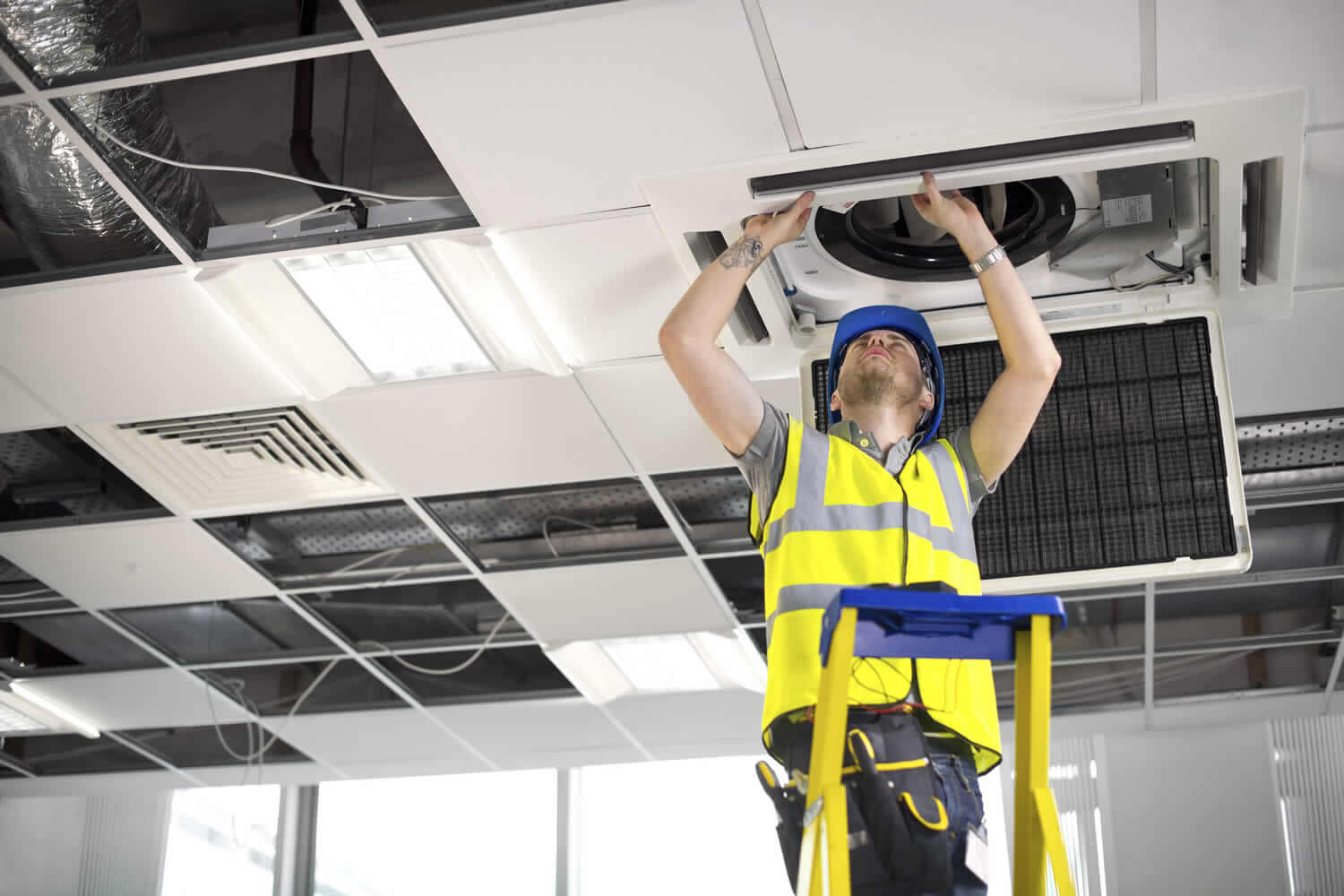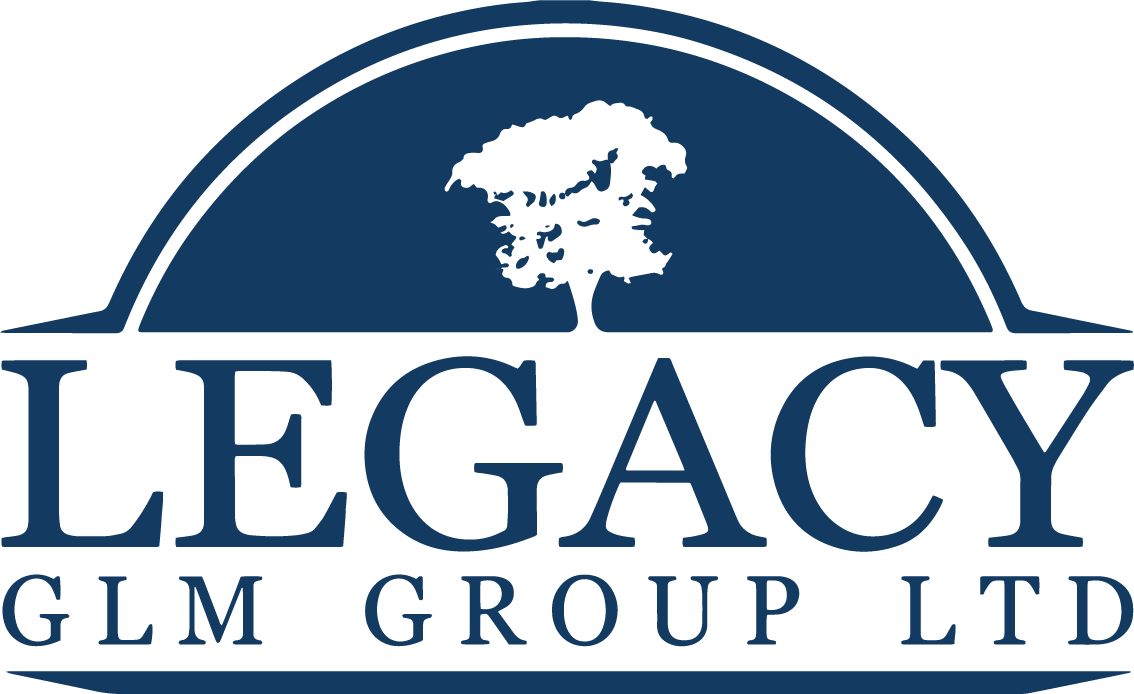
Reactive maintenance for commercial buildings in Guildford helps businesses manage costs by addressing repairs only when needed. Unlike scheduled maintenance, which involves regular servicing regardless of whether issues exist, reactive maintenance focuses on fixing problems as they arise. This approach prevents unnecessary spending on frequent inspections while ensuring essential repairs are completed without delay.
One of the main cost-saving benefits of reactive maintenance is that it allows businesses to allocate budgets more efficiently. Instead of committing to routine servicing that may not always be required, companies can reserve funds for actual repairs, reducing overall maintenance expenses. Additionally, for businesses operating in fast-paced environments, reactive maintenance minimises disruption by only intervening when necessary, allowing normal operations to continue without frequent interruptions.
However, while reactive maintenance is cost-effective, it requires a fast and efficient response. Delayed action on repairs can lead to larger problems, which may result in more expensive fixes. For example, an unnoticed water leak could cause significant structural damage over time, leading to costly repairs that could have been avoided with prompt attention.
In this article, we at Legacy GLM Group will explore how reactive maintenance for commercial buildings in Guildford helps businesses save money, the common issues that require immediate attention, and how property owners can balance cost-effectiveness with efficiency. Understanding when to apply reactive maintenance is key to ensuring a building remains functional while keeping expenses under control.
Common Issues That Require Reactive Maintenance For Commercial Buildings In Guildford
Reactive maintenance for commercial buildings is essential for addressing unexpected issues that, if left unresolved, can lead to significant costs and operational disruptions. While some problems may seem minor at first, they can quickly escalate if not attended to promptly. Below are some of the most common issues that require reactive maintenance.
1. Electrical Faults and Power Failures
Electrical issues are among the most urgent problems in commercial buildings. A sudden power outage, faulty wiring, or malfunctioning electrical systems can disrupt operations and pose serious safety risks. Common electrical issues include:
- Tripping circuits that cause frequent power cuts.
- Overloaded sockets, which increase the risk of electrical fires.
- Damaged wiring, which can lead to short circuits or complete power failure.
Ignoring electrical faults can result in costly equipment damage, loss of productivity, and even safety hazards such as electrical fires. Reactive maintenance ensures these problems are addressed quickly to keep businesses running smoothly.
2. Plumbing Emergencies and Water Damage
Leaking pipes, burst water mains, and blocked drains can cause significant damage to a commercial property if not repaired immediately. Water-related issues can lead to:
- Structural damage, weakening walls and ceilings.
- Mould and damp problems, affecting air quality and workplace health.
- Flooding in work areas, damaging office equipment and stock.
A fast response to plumbing emergencies helps businesses avoid costly repairs and minimises disruption to daily operations.
3. Heating, Ventilation, and Air Conditioning (HVAC) Breakdowns
Heating and cooling systems are vital for maintaining a comfortable working environment. When an HVAC system fails, it can impact both employee productivity and customer satisfaction. Common HVAC issues that require reactive maintenance include:
- Boiler breakdowns, leading to no heating in winter.
- Air conditioning failures, making offices unbearably hot in summer.
- Blocked ventilation systems, affecting air circulation and indoor air quality.
Repairing HVAC issues promptly prevents costly replacements and helps maintain a comfortable and productive workplace.
4. Structural Damage and Roofing Issues
Structural problems such as roof leaks, cracked walls, or broken windows can compromise the safety and appearance of a commercial building. Left unchecked, these issues can worsen and require expensive repairs. Common structural issues include:
- Leaking roofs, causing water damage to ceilings and interiors.
- Broken doors or windows, reducing security and allowing heat loss.
- Cracks in walls, potentially indicating deeper structural problems.
Reactive maintenance ensures these issues are fixed before they escalate into larger, more expensive problems.
5. Security System Failures
Security is a priority for all commercial buildings. When alarms, CCTV cameras, or access control systems malfunction, businesses become vulnerable to theft and unauthorised access. Reactive maintenance is crucial for:
- Fixing broken security cameras, ensuring 24/7 surveillance.
- Repairing alarm systems, preventing security breaches.
- Restoring access control, ensuring only authorised personnel can enter restricted areas.
By addressing security issues quickly, businesses can protect their assets and avoid potential losses.
Why Immediate Repairs Matter
While reactive maintenance helps control costs by addressing issues as they arise, delays in fixing these problems can lead to higher expenses in the long run. A simple leak, if ignored, can result in thousands of pounds in structural repairs. Electrical faults, if left unresolved, could lead to severe safety risks or even legal consequences.
By investing in reactive maintenance for commercial buildings in Guildford, property owners and managers can ensure that small problems are fixed before they become costly disasters. Quick action not only saves money but also maintains a safe, functional, and efficient working environment.

How Reactive Maintenance Prevents Larger, Costlier Repairs
Reactive maintenance for commercial buildings in Guildford is often seen as a cost-saving measure because it focuses on fixing problems only when they arise. However, one of its biggest financial advantages is preventing small issues from turning into large, expensive repairs. Ignoring minor maintenance problems can result in severe damage, business downtime, and higher costs in the long run. Here’s how reactive maintenance helps prevent major financial setbacks.
1. Addressing Minor Issues Before They Worsen
Many building problems start small. A dripping tap, for example, might not seem urgent, but over time, it can lead to:
- Water damage, weakening walls and ceilings.
- Mould growth, which can cause health issues and require deep cleaning.
- Higher water bills, increasing operational costs.
Similarly, a small crack in a wall or ceiling may not appear serious at first, but if left unattended, it could grow, leading to structural damage that requires extensive repairs. Reactive maintenance ensures these issues are fixed before they spiral into costly repairs.
2. Avoiding Expensive Emergency Call-Outs
One of the biggest hidden costs of neglecting maintenance is emergency repair fees. When a breakdown happens outside regular working hours, businesses often have to pay premium rates for urgent repairs. Examples of preventable emergencies include:
- Boiler breakdowns in winter, requiring urgent heating repairs.
- Electrical failures, leading to unexpected power outages.
- Roof leaks, worsening during heavy rain and causing flooding.
By handling minor problems as soon as they appear, businesses can avoid the high costs associated with emergency repairs.
3. Extending the Lifespan of Equipment and Infrastructure
Commercial buildings rely on various systems, including electrical wiring, plumbing, HVAC units, and security systems. Without regular maintenance, these systems wear out faster. Reactive maintenance helps:
- Extend the life of HVAC systems by repairing minor faults before they lead to complete failure.
- Keep electrical systems safe and efficient by replacing faulty wiring early.
- Maintain plumbing systems, preventing leaks that could lead to pipe replacements.
Replacing major equipment or infrastructure is significantly more expensive than repairing small faults. By addressing issues as they arise, businesses can get the most out of their investments and delay costly replacements.
4. Reducing Business Downtime and Lost Revenue
For commercial properties, downtime equals lost money. A failing heating system can make an office unworkable in winter, while a plumbing leak can force a retail shop to close temporarily. Reactive maintenance helps prevent:
- Disruptions to daily business operations.
- Loss of customers due to facility closures.
- Potential legal action from tenants or employees affected by unsafe conditions.
By fixing small problems before they lead to major disruptions, businesses can operate smoothly without unexpected closures.
Why Reactive Maintenance is a Smart Investment
While planned maintenance helps prevent problems, it isn’t always cost-effective for every business. Reactive maintenance allows property owners to manage expenses efficiently by only repairing things when necessary. However, the key to successful reactive maintenance is acting quickly—the sooner an issue is addressed, the lower the risk of it escalating into a much larger and more expensive problem.
Investing in reactive maintenance for commercial buildings in Guildford doesn’t just reduce short-term costs—it also prevents unnecessary expenses in the future, ensuring buildings remain in top condition without excessive spending.
Comparing Planned Maintenance vs Reactive Maintenance: Cost Differences
When it comes to managing reactive maintenance for commercial buildings in Guildford, property owners often question whether planned maintenance is a better financial option. Both approaches serve essential purposes, but understanding their cost differences helps businesses determine which method is more suitable for their needs.
1. What Is Planned Maintenance?
Planned maintenance (also known as preventative maintenance) involves regularly scheduled servicing and inspections to prevent unexpected breakdowns. This approach is designed to:
- Identify potential issues before they escalate.
- Extend the lifespan of building infrastructure and equipment.
- Reduce the likelihood of emergency repairs.
Typical examples of planned maintenance include routine boiler servicing, HVAC inspections, and electrical safety checks.
2. What Is Reactive Maintenance?
Reactive maintenance focuses on fixing problems only when they arise. This means businesses avoid spending money on routine servicing but must respond quickly when an issue occurs. While this method can be cost-effective for minor repairs, delayed action can lead to higher costs if small problems worsen over time.
Examples of reactive maintenance include repairing a leaking pipe after it bursts, fixing a power outage, or replacing a broken window after it has been damaged.
3. Cost Comparison: Which Is More Expensive?
The cost difference between planned and reactive maintenance depends on the type of property, the nature of repairs, and the speed of response.
- Planned maintenance costs:
- Regular servicing fees.
- Predictable budgeting for repairs.
- Reduced risk of emergency breakdowns.
- Extends the lifespan of equipment and infrastructure.
- Reactive maintenance costs:
- No ongoing servicing fees.
- Possible higher costs for urgent repairs.
- Increased risk of downtime and operational disruption.
- Potentially expensive replacements if minor issues are ignored.
For businesses that operate in high-risk environments, such as hotels or industrial buildings, planned maintenance may save more money in the long run. However, for smaller businesses or commercial spaces with minimal infrastructure, reactive maintenance can be a cost-effective way to manage expenses without committing to regular servicing.
4. Finding the Right Balance Between Both Approaches
Many businesses benefit from using a combination of planned and reactive maintenance. This approach ensures that critical systems receive regular servicing while allowing businesses to save money by only repairing non-essential components when necessary.
- Use planned maintenance for: Essential building systems like HVAC, electrical wiring, and fire safety compliance.
- Use reactive maintenance for: Non-critical repairs such as door hinges, minor leaks, and cosmetic damage.
By balancing both approaches, businesses can reduce long-term costs while still addressing urgent repairs as needed.
Which Approach Is Best for Your Business?
The right maintenance strategy depends on the size of the commercial building, the type of business operations, and the available budget. While planned maintenance provides predictable expenses and long-term savings, reactive maintenance for commercial buildings can be a flexible and cost-effective alternative for businesses looking to minimise unnecessary expenses.

Finding Reliable Reactive Maintenance Providers In Guildford
Choosing the right company for reactive maintenance for commercial buildings in Guildford is essential for ensuring quick, cost-effective, and high-quality repairs. Not all maintenance providers offer the same level of service, so businesses must evaluate their options carefully. Below are key factors to consider when selecting a reliable maintenance provider.
1. Availability of 24/7 Emergency Services
One of the most important aspects of reactive maintenance is how quickly repairs can be carried out. Unexpected problems, such as a burst pipe or electrical failure, can cause significant disruption if not addressed immediately. A good provider should:
- Offer 24/7 emergency response for urgent repairs.
- Guarantee fast response times, ideally within a few hours.
- Have a dedicated support team available for quick scheduling.
Delays in emergency repairs can lead to higher costs and longer business downtime, making a provider’s availability crucial.
2. Experience and Specialisation in Commercial Maintenance
Not all maintenance companies specialise in commercial properties. When hiring a reactive maintenance provider, ensure they have experience dealing with:
- Large-scale commercial buildings such as offices, retail stores, and warehouses.
- Industry-specific requirements, such as ventilation maintenance for hospitality or electrical safety for manufacturing.
- Complex infrastructure, including HVAC systems, plumbing networks, and fire safety compliance.
A company that understands the needs of commercial buildings will provide faster, more effective solutions compared to a general handyman service.
3. Transparent Pricing and Fair Cost Estimates
One major concern with reactive maintenance is unexpected costs. A trustworthy provider should offer:
- Clear pricing structures, detailing call-out fees, hourly rates, and material costs.
- No hidden charges or unexpected add-ons in the final invoice.
- Cost-effective repair solutions, advising on whether repair or replacement is the better option.
Getting detailed cost estimates before work begins ensures that businesses can budget accordingly and avoid financial surprises.
4. Positive Customer Reviews and Recommendations
A company’s reputation is one of the best indicators of reliability. Before hiring a maintenance provider, businesses should:
- Check Google reviews and ratings for feedback from previous clients.
- Ask for case studies or examples of completed commercial maintenance projects.
- Look for word-of-mouth recommendations from other business owners in Guildford.
A maintenance company with consistent positive feedback is more likely to provide high-quality service.
5. Comprehensive Maintenance Services
Some providers specialise in only one type of repair, such as plumbing or electrical work. For efficiency, businesses should choose a company that offers:
- Multi-trade expertise, covering electrical, plumbing, HVAC, and structural repairs.
- Fast access to replacement parts, ensuring repairs are completed quickly.
- Ongoing maintenance support, in case future issues arise.
A provider with all-in-one maintenance solutions helps businesses avoid the hassle of hiring multiple contractors for different repairs.
Making the Right Choice for Your Business
A reliable maintenance provider should be responsive, experienced, and transparent with pricing. Investing in quality reactive maintenance for commercial buildings not only saves money in the long run but also ensures businesses can continue operating smoothly without major disruptions.
Reduce Business Expenses With Reactive Maintenance
We believe that reactive maintenance for commercial buildings in Guildford is a smart, cost-effective solution for businesses looking to manage repair costs without committing to unnecessary routine servicing. By addressing issues as they arise, businesses can allocate their budgets more efficiently, ensuring that only essential repairs are carried out when needed.
However, the key to making reactive maintenance work lies in acting quickly. Small problems, if ignored, can escalate into costly repairs, leading to unnecessary expenses and potential business downtime. Whether it’s a leaking pipe, an electrical fault, or an HVAC system breakdown, immediate repairs help prevent larger disruptions and financial losses.
At Legacy GLM Group, we provide reliable, fast-response reactive maintenance services tailored to commercial buildings. Our team understands the urgency of unexpected repairs and ensures that all issues are resolved promptly to minimise downtime and keep operations running smoothly. With our 24/7 emergency services, transparent pricing, and expertise in commercial property maintenance, we are committed to delivering cost-saving solutions for businesses in Guildford.
Don’t wait until a minor issue turns into a major expense—let us handle your commercial property maintenance with efficiency and professionalism. Call Legacy GLM Group today at 02392 985 776 to discuss how our reactive maintenance for commercial buildings in Guildford can help you save costs and keep your property in top condition.



